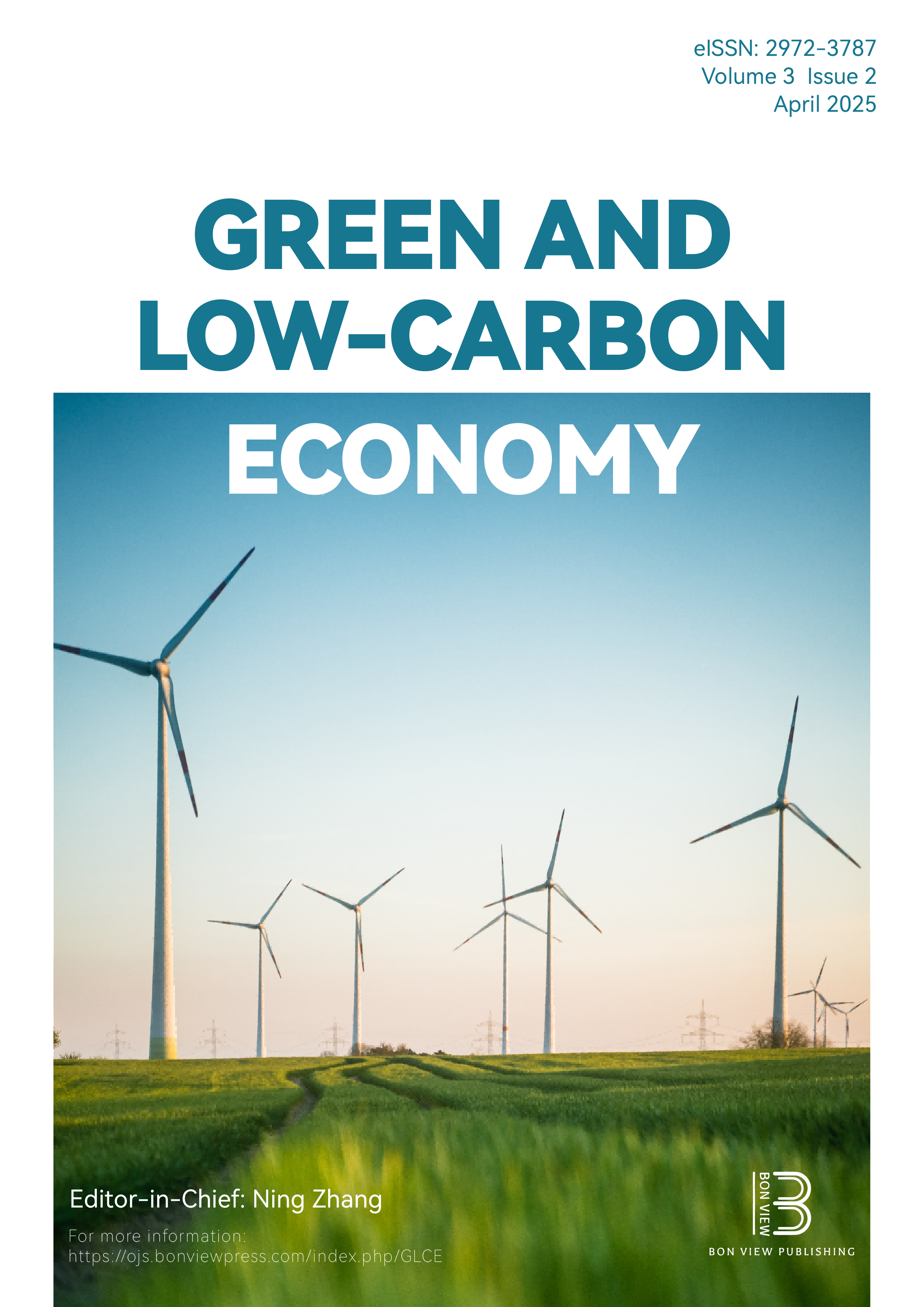Tax Burden and Influencing Factors During Waste Incineration Power PPP Project Operation
DOI:
https://doi.org/10.47852/bonviewGLCE3202999Keywords:
influence factors, PPP, tax burden, tax incentives, waste incinerationAbstract
Waste incineration power generation is an effective way to treat domestic waste as a resource, an effective way to reduce carbon emissions, and an important model for developing the circular economy, practicing the spirit of emission reduction promoted by COP26. The tax burden during the operation of public-private partnerships (PPPs) projects in this field directly affects the selection and development of the supply model. This paper selected the data of enterprises participating in the waste incineration power generation PPP project from the Ministry of Finance's PPP project management database and the financial data of the company from the CSMAR database for the corresponding year and used tax burden evaluation indicators to empirically analyze the tax burden of the operation period of a waste incineration power generation PPP project from the perspectives of value-added tax and enterprise income tax. It was found that the asset-liability ratio, the income capacity from electricity sales, the profitability, and whether the preferential tax policy of "three exemptions and three halves" could significantly affect the corporate income tax burden of the project had to be considered. Combined with current preferential tax policies, this paper provided targeted optimization suggestions such as emphasizing the role of a "debt tax shield," optimizing the output structure, and extending the duration of the "three exemptions and three halves" tax incentives. The research in this paper is helpful to find an effective way to reduce the tax burden of enterprises, improve the economic benefits of waste incineration power generation projects, and also provide a reference for the government to formulate more reasonable tax policies and promote a better tax system.
Received: 23 April 2023 | Revised: 16 May 2023 | Accepted: 7 June 2023
Conflicts of Interest
The authors declare that they have no conflicts of interest to this work.
Data Availability Statement
Data available on request from the corresponding author upon reasonable request.
Author Contribution Statement
Tong Yang: Conceptualization, Writing - review & editing, Visualization, Supervision, Project administration, Funding acquisition. Ziwei Yuan: Methodology, Software, Validation, Formal analysis, Investigation, Resources, Data curation, Writing - original draft. Chengran Xing: Methodology, Software, Validation, Formal analysis, Investigation, Resources, Data curation, Writing - original draft.
Downloads
Published
Issue
Section
License
Copyright (c) 2023 Authors

This work is licensed under a Creative Commons Attribution 4.0 International License.
How to Cite
Funding data
-
National Natural Science Foundation of China
Grant numbers 72003002 -
Anhui Office of Philosophy and Social Science
Grant numbers AHSKQ2020D60 -
Provincial Foundation for Excellent Young Talents of Colleges and Universities of Anhui Province
Grant numbers GXYQ2020156 -
Anhui University of Finance and Economics
Grant numbers ACYC2022486;ACYC2022588


